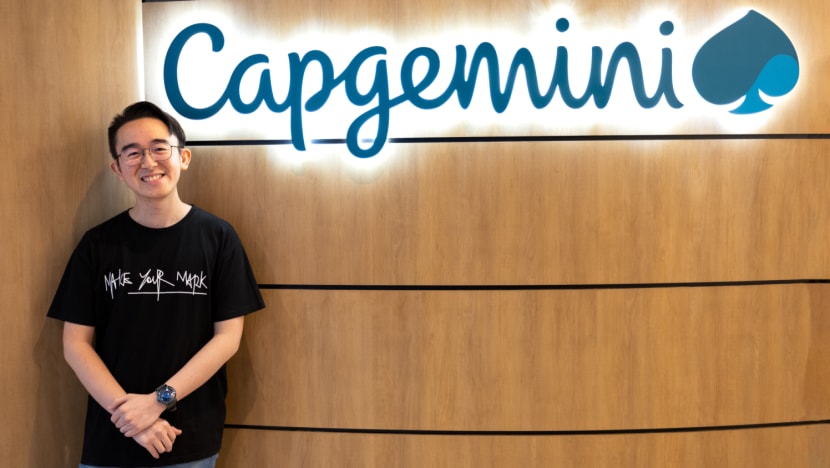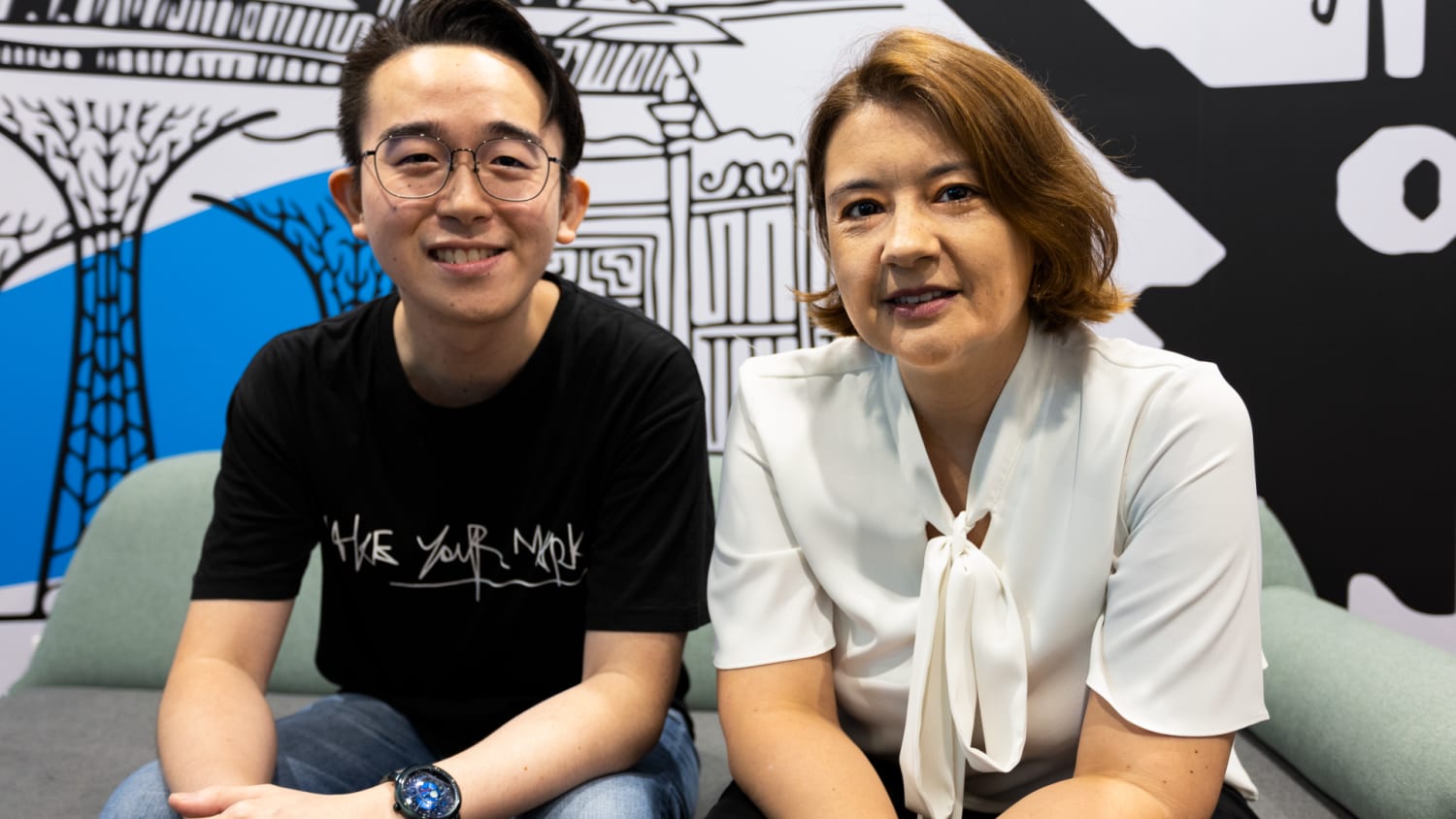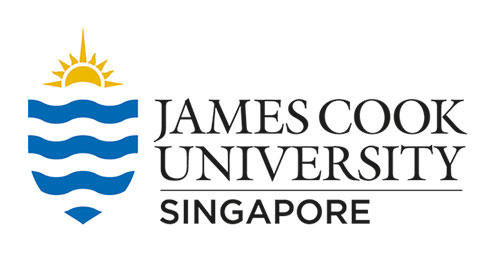Transitioning from psychological research to UX research
At James Cook University, Mr Gabriel Yong was introduced to the field of psychological research, which led him to a tech design and consulting career.

Mr Gabriel Yong manages a team of user experience researchers at Capgemini. Photos: James Cook University
While many might think that studying psychology limits one to a career in the discipline itself, Mr Gabriel Yong knew from the start that studying psychology would open multiple career pathways.
With this aim in mind, he enrolled in the Singapore campus of James Cook University’s (JCU) Bachelor of Psychological Science (Honours) in 2012.
“JCU has one of the most prestigious psychology programmes in Singapore and it’s accredited by the Australian Psychology Accreditation Council,” he said. “Psychology is relevant across a multitude of industries and I was confident I would be able to specialise in an industry of my choice once I graduated.”
Now a UX research lead at Capgemini, Mr Yong is relying on the skills he acquired at JCU to establish his career in UX research.
OPPORTUNITIES FOR RESEARCH, AND MORE
Mr Yong, who graduated from JCU in 2016, was attracted to the university for two other reasons: The chance to go on an overseas exchange programme to the JCU campus in Australia, and the opportunity to write a thesis on a subject of his choice, depending on the modules he selected.
“I also liked how the curriculum was structured, with optional final-semester modules that students could pick,” he said.
Mr Yong’s final-year thesis focused on psycholinguistics, a field he became interested in after reading academic papers on the subject. His research explored whether languages like English and Mandarin could affect one’s abstract reasoning.
Mr Yong was given leeway to run the research study from start to finish, including aspects such as participant recruitment, the creation of testing stimuli, data analysis, as well as the final presentation of the thesis.
His experience proved handy at global creative consultancy frog, which is part of Capgemini Invent. “Our company puts research at the forefront of client engagement. The way I run my projects is very similar to a traditional end-to-end research study at JCU. I incorporate many facets of a research plan, such as the creation of questionnaires and the methods of data analysis.”
Mr Yong also uses his expertise in areas like statistics and psychometrics, adopting a holistic approach to problem-solving based on the psychological concepts and principles he studied at JCU.
As a UX research lead, he functions as the key point of contact between the client, internal business units and the UX team itself, ensuring that everyone is on the same page in a project.
“In client engagements, the ability to convey our message and showcase our industrial expertise is crucial,” he explained. “Being able to utilise the principles and concepts that I learnt at university helps me to effectively convey my research findings and design strategies during client presentations.”
He described how he once faced the challenge of motivating more users to download and use an app belonging to a client in the sustainability sector. “I was able to overcome this by drawing upon motivational and behavioural psychology theories to design features that would encourage and improve the stickiness of the app usage. I also developed a design strategy that helped to maximise user retention.”
FACULTY, FRIENDS AND PERSONAL GROWTH

During his final year, Mr Yong was supported in his thesis research by Dr Lidia Suárez, his supervisor, whom he describes as an inspirational figure. Dr Suárez provided valuable mentorship and guidance whenever he encountered difficulties, and even played a role in launching his early career as a research assistant at the Agency for Science, Technology and Research (A*STAR).
“Dr Suárez knew one of the principal investigators at A*STAR and referred me,” recounted Mr Yong. “That kickstarted my journey into research – a journey I have been on for almost five years.”
His time at JCU has not only shaped him professionally, but personally as well. Mr Yong, who described himself as quiet and reserved when he first entered the school, enjoyed making friends and taking part in JCU’s rich campus life. This included initiatives such as the JCU Mateship Programme, a student-run mentorship programme in which senior students help newcomers settle into university life.
“I became more outgoing and independent,” he reflected. “I learnt to take ownership of my projects and to plan and manage timelines properly.”
Mr Yong advises those who are about to enrol in the Bachelor of Psychological Science (Honours) programme to keep an open mind – to undergraduate experiences and future career possibilities.
“The degree can help to open many doors in the future, for careers that you not have even thought about,” he said. “And as cliched as it may sound, we only get to experience life as an undergraduate once. Balancing studying, socialising and trying out campus life will definitely be a memorable experience.”
Visit the James Cook University website to learn more about the Bachelor of Psychological Science (Honours) programme.















